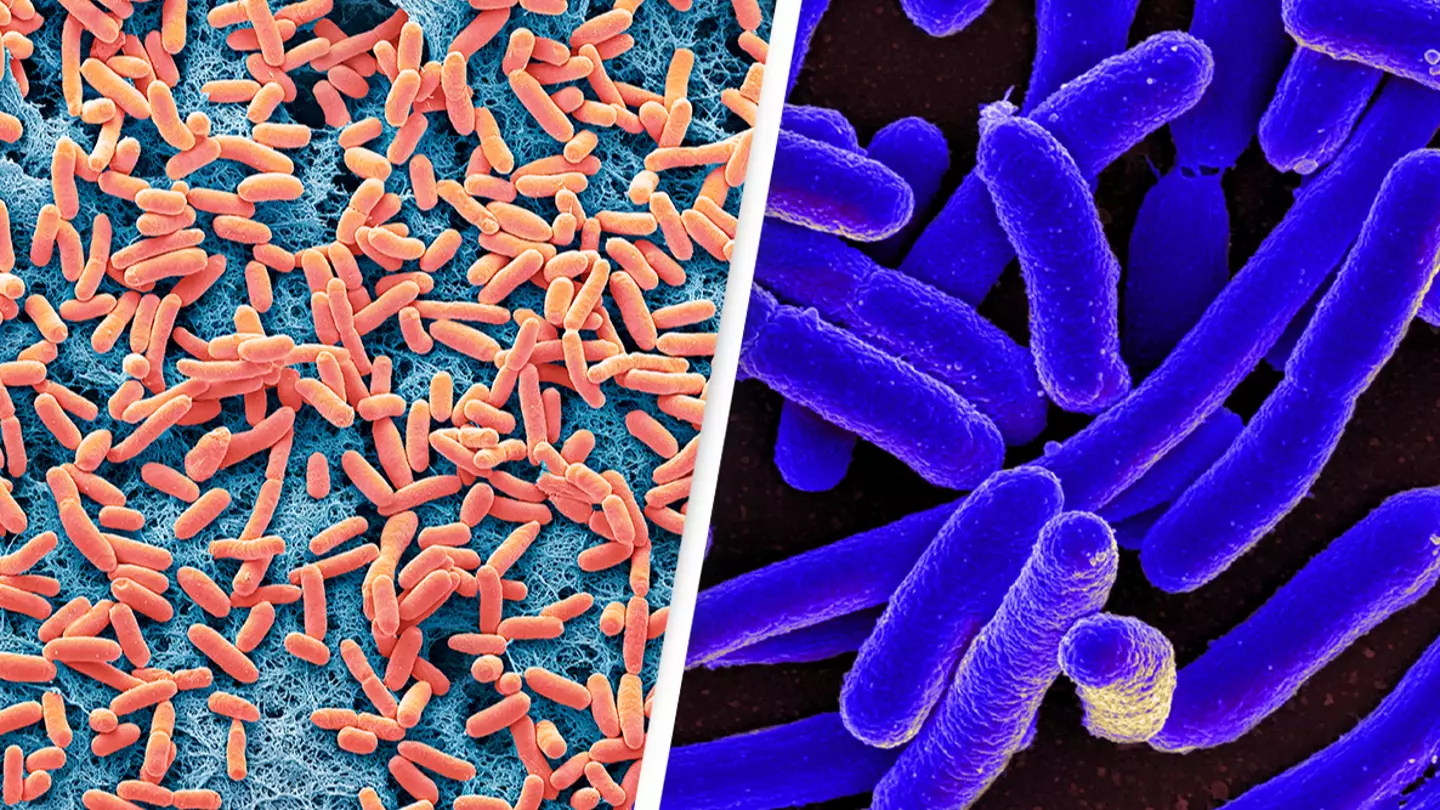
As humans, having memories of special moments in our lives is truly magical and something we treasure for the rest of our lives.
You wouldn't expect bacteria of all things to have 'memories' though, but that is exactly what has been discovered thanks to new research done by scientists at the University of Texas.
Of course, we don't mean that bacteria can take a trip down memory lane to reminisce about the day out they had with fellow bacteria back in 2010.

Advert
Instead they are able to form a memory based on levels of available cellular iron.
Souvik Bhattacharyya, the lead author of the recent study said: "Bacteria don’t have brains, but they can gather information from their environment, and if they have encountered that environment frequently, they can store that information and quickly access it later for their benefit."
The author and his team of scientists studied E coli bacteria, allowing them to discover that bacteria utilizes iron levels to 'remember' certain behaviors.
READ MORE
SCIENTISTS MAKE BIZARRE DISCOVERY AT CENTER OF EARTH
BREAKTHROUGH AS 'KILL SWITCH' FOUND FOR CANCER CELLS
Many types of bacteria, whether that be singular or free-flowing, have varying levels of iron.
Essentially, they concluded that bacteria with low iron levels tend to be better at 'swarming', where millions of cells rush together.
Bacteria with high iron levels seem to prefer to stick around and form a sticky biofilm.
While not confirmed, it has been speculated by those close to the study that microbial memories may have evolved so that when iron levels are generally low, bacteria can search for iron in their own environment.
"We show [...] that a prior experience of swarming is remembered when Escherichia coli encounters a new surface, improving its future swarming efficiency," the study's author wrote.
"An iron-based memory might offer the advantage of providing a hub connecting various stress responses such as antibiotic survival and biofilms."
These iron-based 'memories' present in bacteria persisted for four generations, researchers found.
Typically, they were naturally lost by the seventh generation, though artificially manipulating the iron levels allowed them to persist for much longer, according to those working on the project.
The reason bacteria store information this way goes back to the origins of life on Earth.

"Before there was oxygen in the Earth’s atmosphere, early cellular life was utilizing iron for a lot of cellular processes. Iron is not only critical in the origin of life on Earth, but also in the evolution of life,” added Bhattacharyya.
"It makes sense that cells would utilize it in this way."
It's all very interesting stuff, and further research might help stop bacteria becoming resistant to antibiotics in the future.
Bhattacharyya concluded: "Iron levels are definitely a target for therapeutics because iron is an important factor in virulence.
"Ultimately, the more we know about bacterial behavior, the easier it is combat them."
Topics: Science
